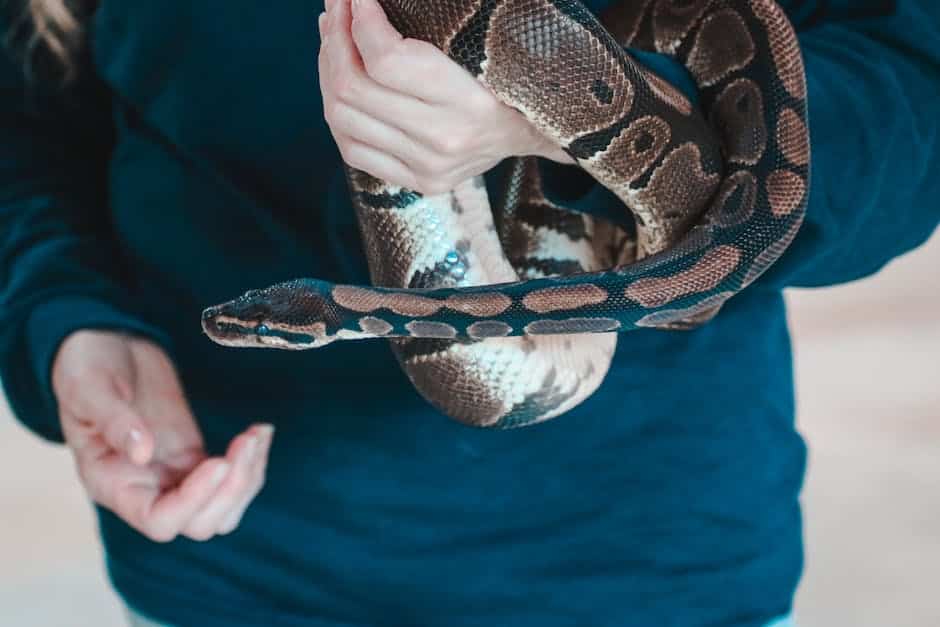
In the realm of pet ownership, a unique breed of animal lovers extend their passion beyond the usual cats and dogs, venturing into the intriguing world of exotic pets. These animals, varying widely in species and domestic rarity, add a fascinating edge to traditional pet ownership. This exploration into the world of exotic pet ownership delves into the defining characteristics that make these creatures an extraordinary addition to the household, the laws instated to regulate their ownership, the tailor-made care these animals require, how prospective owners can ethically obtain them, and experiences of current owners. Embarking on this rich journey will not only deepen public understanding of exotic pets, but also present the accompanying ethical dilemmas and unique responsibilities that this unconventional form of pet ownership entails.
Understanding Exotic Pets
Undeniably, there is a kind of thrill that comes from creating a bond with something a bit different, something that breaks the norm – in this case, exotic pets. In the fascinating realm of pet-keeping, the term ‘exotic’ might trigger images of colorful parrots, unique reptiles, obscure invertebrates, or other peculiar, often tropical creatures. But what truly characterizes a pet as ‘exotic’? Let’s delve into this!
Typically, an exotic pet falls outside the range of common domestic animals. Beyond cats, dogs, goldfish, and your standard small mammals, the intriguing line of exotica begins. This encompasses critters from the size of a cockroach to larger beasts like big cats or non-human primates.
A key factor in exotic pet classification is the animal’s origin. Many exotic pets often hail from wildly different climates and lands, quite unlike our own. An exotic pet could be native to African jungles, Asian mountains, Australian deserts, Latin American rainforests, or their habitats could take them under the sea. Such creatures are genuinely unique and can draw intriguing parallels to ecosystems we may never experience firsthand.
Exotic pets are also often characterized by their care requirements. Unlike a dog or cat, who readily adapt to human lifestyle, exotic pets often require specific habitats or diets. For instance, an African Grey Parrot needs environmental enrichment, or a Bearded Dragon requires a specific light spectrum for optimal health. Succinctly, the care of these animals often seeks to replicate, as closely as possible, their natural habitats and conditions, enriching our knowledge of their existence in the process.
Apart from their physical requirements, the behavior of exotic pets is another integral part of their classification. Stepping beyond the basic commands ‘sit’ or ‘roll over,’ exotic pets have natural behaviors that cater to their survival in the wild. Let’s take octopuses for example; these enchanting creatures showcase innate problem-solving capabilities that are extraordinary to behold. Similarly, the elaborate communication abilities of some exotic birds, like African Grey Parrots, can far outstrip non-exotic pets.
However, embracing exotics as pets does come with challenges – recognizing their wild nature and needs, conserving their natural habitats, and preventing illegal or unethical pet trade. These are ethical considerations for anyone contemplating an exotic pet. And let’s not forget, many exotic animals are protected by international laws, thus owning one might require specific permits.
To wrap things up, an exotic pet is primarily characterized by their non-traditional status, foreign origin, meticulous care requirements, and unique behavior. But as fascinating as these creatures are, they are demanding pets that need passionate, responsible owners. Ultimately, while we bask in the allure of the exotic, it remains our responsibility to ensure their well-being and contribute to conserving the world’s rich biodiversity.
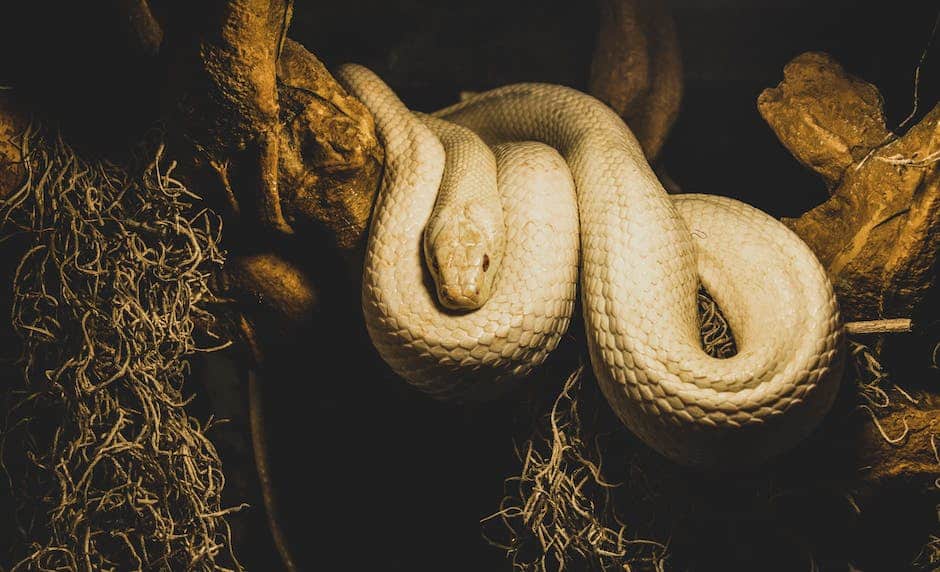
Legalities Surrounding Exotic Pets
Unraveling the Legal Implications of Exotic Pet Ownership – A Closer Look at Enigma!
Delving deeper into the unchartered territories of exotic pet ownership, one soon realizes that there’s more than just a fascinating creature setting foot in our daily lives. The legal implications associated with owning exotic pets go beyond general pet-ownership laws. This aspect can be perceived as a compelling puzzle, fashioned by the collective forces of domestic and international legal territories, certain to intrigue every ardent exotic-pet enthusiast.
Diving first into an important concern: purchasing and procuring exotic pets. It’s crucial that the source of these unique creatures is legal and transparent. Participating in illicit activities such as animal trafficking can lead to serious criminal charges and significant fines. Therefore, keep your passion hands clean and ensure your exotic pet is sourced ethically and legally.
Specifically in the U.S, it’s essential to realize that pet laws can vastly differ from one state to another. For instance, owning a fennec fox may be completely legal in Michigan, but in California, it’s a big no-no! Every state has its own list of “prohibited species,” and ignorance of this list is no defense in the legal arena.
To complicate things further, there are federal laws to consider as well, such as the Endangered Species Act (ESA), which prohibits the possession and trade of threatened and endangered species. Caught in violation of the ESA, an individual can face severe penalties, making it all the more critical to tread carefully in this intricate labyrinth.
Another noteworthy subject is the issuance of permits and licenses. Certain exotic pets necessitate an ownership permit. To be granted such a permit, the potential owner must prove they have the necessary understanding and resources to care for the creature. These permits aren’t just mere legalities, they’re also safeguards for the welfare of these exotic beings and mustn’t be disregarded.
The final twist in this legal maze is the potential liability attached to exotic pet ownership. Should one’s exotic pet cause harm or property damage, the owner could be held legally responsible, resulting in hefty payments and possible lawsuits. Essentially, the one who tames the unique beast must also tame the unanticipated legalities.
In conclusion, the enchantment of owning an exotic pet is shadowed by a swirl of legal implications that demand keen attention. It’s an enduring commitment to the pet and also to the law. In possessing such unique creatures, the role extends beyond being just pet owners, morphing into stewards of biodiversity and conservation. And in doing so, we become the unsung heroes of our exotic companions, navigating not just the realms of their world, but ours too.
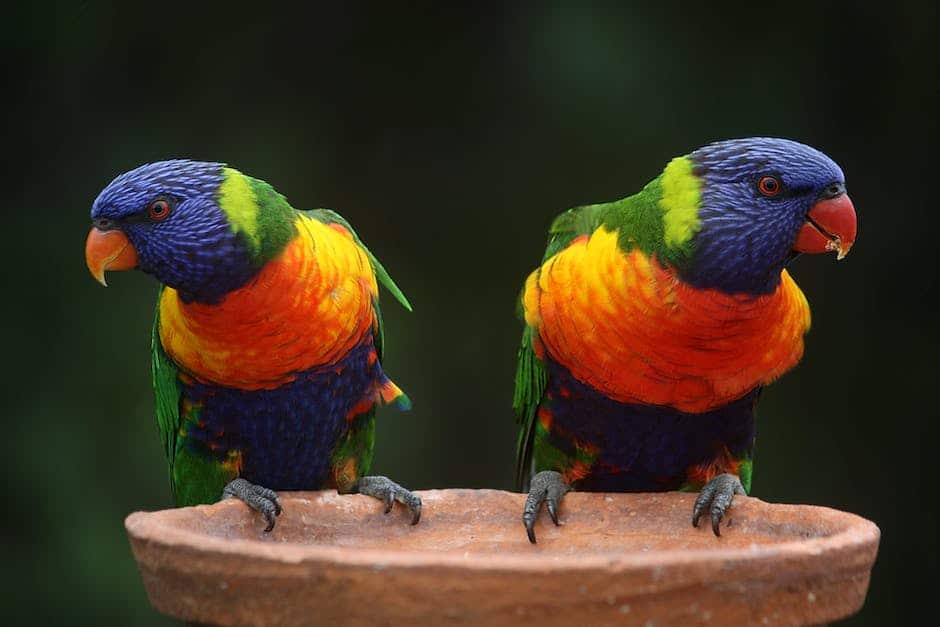
Caring for Exotic Pets
Making that leap from commonly adored cats, dogs, and goldfish to the wild, diverse, and oh-so-fascinating world of exotic pets can be a riveting adventure. No doubt, with this unexplored leap comes the need for enhanced knowledge and a heightened commitment. Let’s break down the key ways of how exotic pets differ from their common counterparts.
Veterinary Care
Exotic pets often require specialized veterinary care. Unlike cats and dogs that have a standard set of vaccinations, exotic pets may necessitate unique preventive medicines. For instance, reptiles are susceptible to specific fungal infections, birds may require beak and feather maintenance, and if you’re a tarantula aficionado, who wouldn’t want to know the basics of arachnid first aid?
Even finding a veterinary clinic that offers services for exotic pets can sometimes be a challenge. Therefore, it’s crucial to identify a reliable and skilled vet before bringing your exotic pet home.
Housing and Environment
The natural environment of an exotic pet is vastly different from what we find in domestic settings. These animals hail from tropical jungles, sprawling deserts, and mossy forests; thus, recreating a suitable habitat is key. Whether it’s a temperature-controlled tank for that oh-so-colorful marine fish or a well-humidified terrarium for a delicate orchid mantis, ensuring the right environment will not only make your pet feel at home but also contribute to its overall health.
Diet and Nutrition
Feeding habits of exotic pets are another area where they differ significantly from cats or dogs. Cats are obligate carnivores, dogs are omnivores, but when it comes to exotic pets, dietary habits range from being pure herbivores to strict insectivores, or even the blood-lapping ‘sanguivore’.
You’ll be faced with questions like: “What sort of fruit does a Toucan prefer?” or “How do I source nutritionally-balanced, pathogen-free meals for my sugar glider?” Getting it right requires research, dedication, and attention to detail.
Socialization and Exercise
Most exotic pets are not from the same social structure as dogs or cats, which means their socialization and exercise needs are diverse as well. Many reptiles are solitary in nature. On the other end of the spectrum, some guinea pig breeds require social interaction or they may face depression. It’s very essential to understand the social needs and behavior of your unusual companion.
Exotic pets require exercise and stimulation too; however, a simple walk around the neighborhood or a game of fetch is usually out of the question. Think creative enrichment! Consider puzzle feeders for intelligent crows and parrots, climbable décor for agile sugar gliders, or digging mediums for burrowing animals like hedgehogs.
Despite the complexities, caring for an exotic pet presents a rewarding and enriching experience. They offer glimpses into a world unlike your own and a chance to co-exist with it. Granted, they require more research, costs, time, and effort, but the joy of unfolding the unique characteristics of these extraordinary creatures can be an adventure in itself. Enjoy the journey!
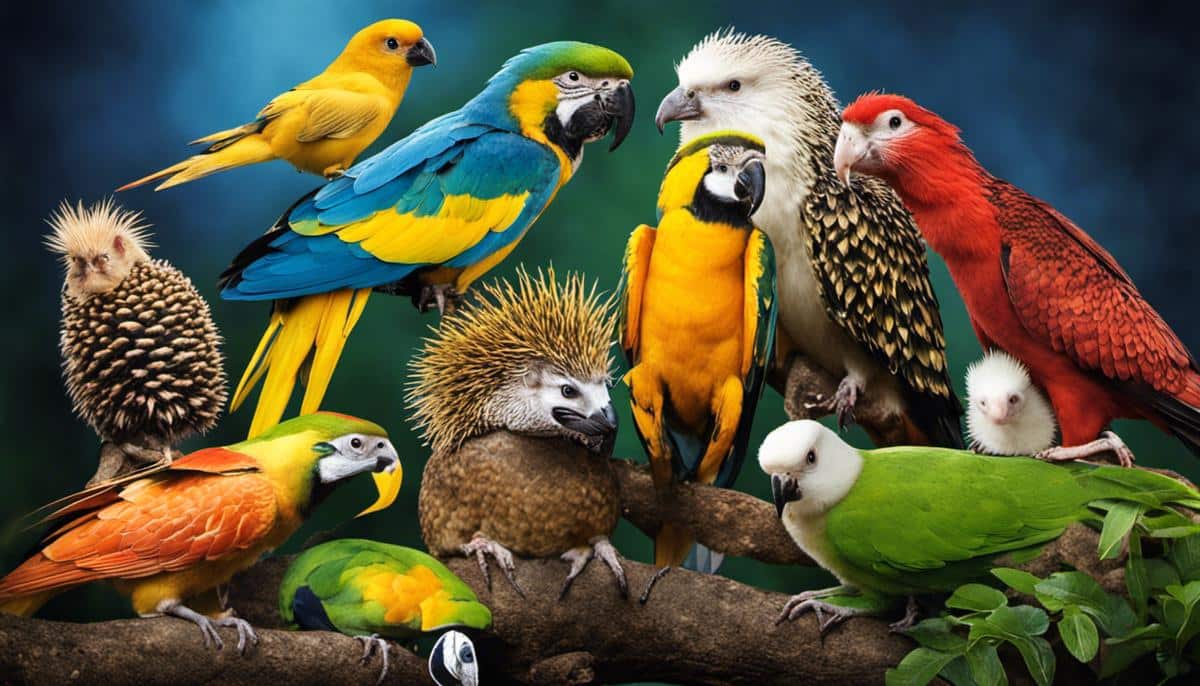
Buying and Adopting Exotic Pets
Diving right in, acquiring an exotic pet is a process that requires in-depth knowledge and conscious, ethical decisions. Before even considering opening up that thrilling world of biodiversity in one’s very own living room, an important basic understanding must exist: The difference between purchasing and procuring.
Simply explained, exotic pets can either be purchased legally from a reputable breeder or adopted from a rescue organization. The difference lies in the motives of those who rehome the animals. Buying often supports the domestic demand for exotic wildlife, while adopting works to alleviate the struggles of abandoned or mistreated exotic animals. More often than not, adoption also contributes to the donations that support these rescue facilities. This is an aspect every potential owner must consider, deciding whether their actions might inadvertently support illegal activities or add to conservation efforts.
Speaking of legality, an interesting patchwork of laws exists within the United States regarding exotic pet ownership. They range from complete bans to simple permit requirements, making it all the more important to get well-acquainted with your state’s regulations, as well as federal laws. For example, owning a “big cat” might be allowed in Nevada, but in New York, you’re out of luck! In fact, the Federal Endangered Species Act completely prohibits the possession and trade of certain species. Hence, permits and licenses are not just an administrative formality, but a vital part of protecting biodiversity.
Permits play an invaluable role in ensuring potential owners are able to provide their chosen pet with adequate care conditions. The permit-granting process usually entails a thorough check of the prospective owner’s knowledge and ability to satisfy species-specific requirements including the necessary veterinary care, correct housing and environment and suitable diet. Potential owners need to exhibit a clear understanding of the pet’s behavior and its need for socialization and exercise.
Liability and legal responsibility are also key aspects to consider. Yes, having an exotic pet can be immensely rewarding, but also challenging and potentially harmful. If a pet snake escapes and frightens the neighbors, or an exotic bird causes property damage, who is held responsible? Understanding these potential consequences is just as vital as admiring the exotic charm of a potential pet.
Let’s not forget, amidst the enthralling prospect of owning a pet iguana, sugar glider or scorpion, the true commitment lies beyond the mere ownership. Facilitating the well-being and survival of the species is the noblest duty of an exotic pet owner. Each owner, in fact, has a personal role in conservation. The extraction of animals from the wild not only hurts the natural diversity but also can be disruptive for many species.
On the other hand, responsible pet-hood comes with amazing rewards. Exotic pets furnish their owner’s life with a unique, enriching experience – the opportunity to learn, to care, and to engage with a part of the world that many might not even dream of touching. It is challenging, fascinating, and truly a hobby worth every dedicated minute and penny. Tending to the distinct nutritional needs of a tarantula, observing the complex behavior of an African Grey or marveling at the undulating grace of an aquarium full of jellyfish, not only creates a bond between man and beast but also makes one appreciate the incredible diversity of life on Earth. It’s a rich, enchanting endeavor, and truly, there’s nothing quite like it.
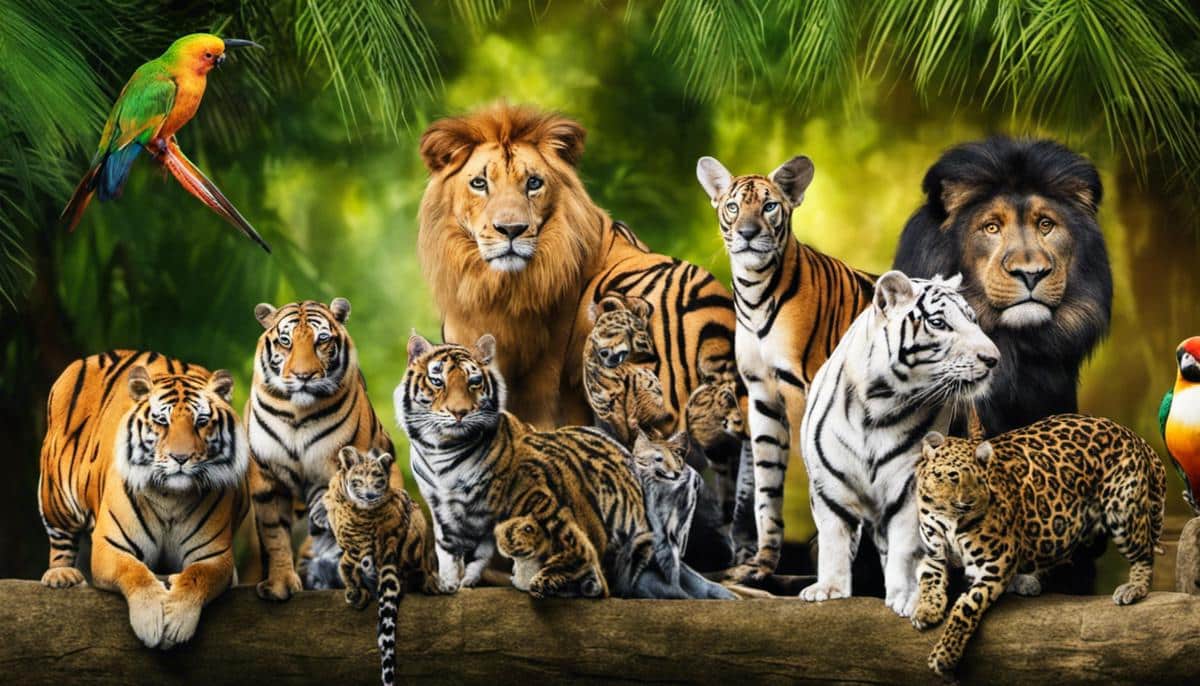
Sharing Exotic Pet Experiences and Stories
Diving into the compelling realm of exotic pets, a variety of heartwarming, inspiring, and even sometimes hair-raising stories can be discovered. Each of these stories, born out of the unique experiences of individuals who share unconditional affection towards these extraordinary creatures, gives astonishing insights into exotic pet ownership.
For instance, take the unique case of Mark and his pet tarantula, Itsy. The arachnid, which may seem terrifying to most, offered him the perfect form of therapy after he returned home from military service. It was the carefully thought detail of Itsy’s habitat and feeding habits that had Mark mesmerized. A seemingly creepy crawl space was transformed into a therapeutic haven where time spent with Itsy helped this ex-military man work through his post-traumatic stress.
Swimming turtles in home aquariums are not an unfamiliar sight. Yet, Anna’s rapport towards her pet terrapin, Merlin, can only be described as exceptional. The turtle, remotely controlled by her daily chores, has a designated area on her kitchen counter fittingly named “Merlin’s Watchtower.” From here, he oversees every action in the kitchen. This juxtaposition of a wild creature finding comfort in a domestic setting, painted a fascinating portrait of coexistence.
Another remarkable tale comes from a couple, Sonya and Pete, who, passionate about biodiversity conservation, took the responsibility of rehabilitating an injured African grey parrot, Polly. They not only restored Polly’s health but also worked diligently to get her acclimatized to the wild. Polly’s successful release back into her natural habitat was hailed as a triumphant anecdote in the exotic pet community, demonstrating the importance of responsible and ethical pet ownership.
A slightly unusual and exciting story is of Rob, who owns a pet skunk, Blossom. Rob is committed to educating people about the true nature of skunks, often misunderstood and feared. Blossom has her own Instagram page that showcases her quirky personality and has managed to get over 50,000 followers, dispelling misconceptions about skunks, one post at a time.
Finally, there’s the enchanting story of Lisa, who is an avid snake enthusiast. Her exotic pet, a regal ball python named Orion, has become a well-loved community member through frequent visits to local schools and social events. Orion provides a valuable opportunity for public education about snakes, serving as a live demonstration to dispel fears and misconceptions about these reptiles.
These unique narratives continue to enrich our understanding of exotic pets and the dedication it takes to care for them. Unwavering commitment balanced with understanding and respect for these creatures not only makes owning an exotic pet a rewarding experience, but also paints an encouraging picture for the future of biodiversity and responsible pet ownership. Such stories serve as a testament to the exotic pet community’s commitment to conservation, and their passion and dedication are indeed inspirational!
Through the accounts of adventurous individuals, we celebrate a different form of pet ownership — one that encompasses the marvels of nature’s diversity, and breeds curiosity and respect for the animal kingdom. Undeniably, owning exotic pets gives an unmatched sense of fulfillment from overcoming challenges and problems unique to their species. Sharing these stories brings to light the fascinating world of exotic pet ownership, hopefully prompting prospective owners, law enforcers, and general pet enthusiasts to ensure both the welfare of these unusual creatures and the continuous enhancement of regulatory measures. By acknowledging the full spectrum of responsibilities that come with exotic pet ownership, we can maintain a harmonious cohabitation with these interesting animals, ensuring their well-being and, in turn, the enrichment of our own lives.




